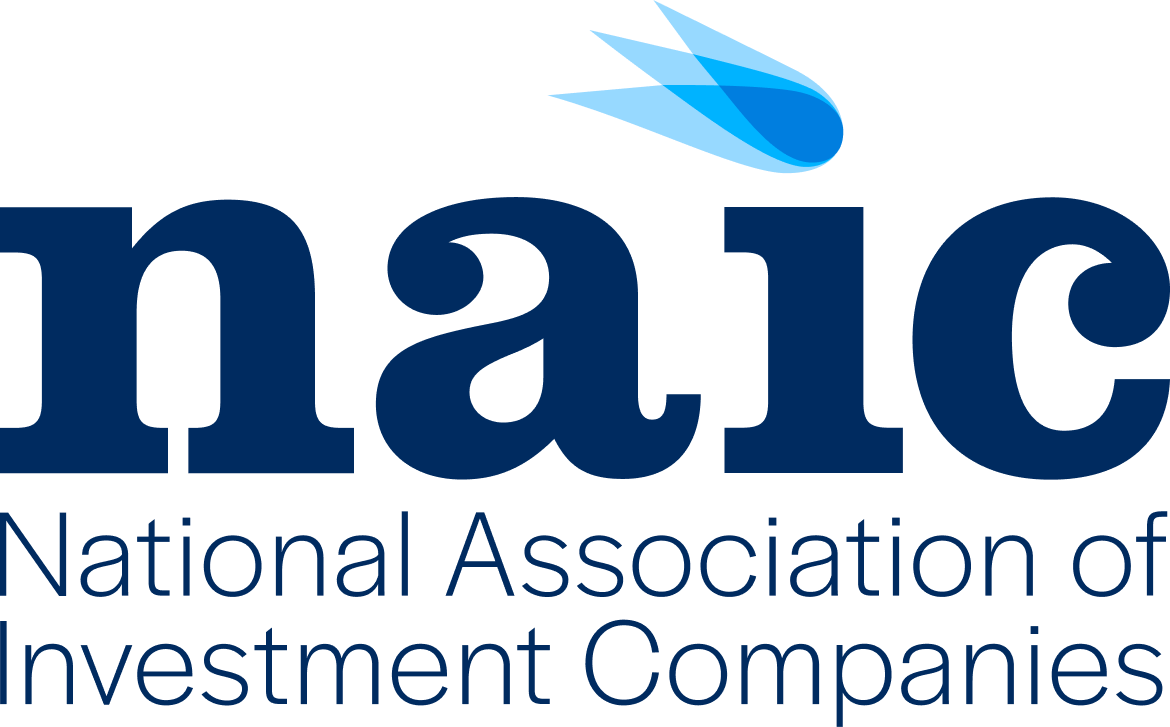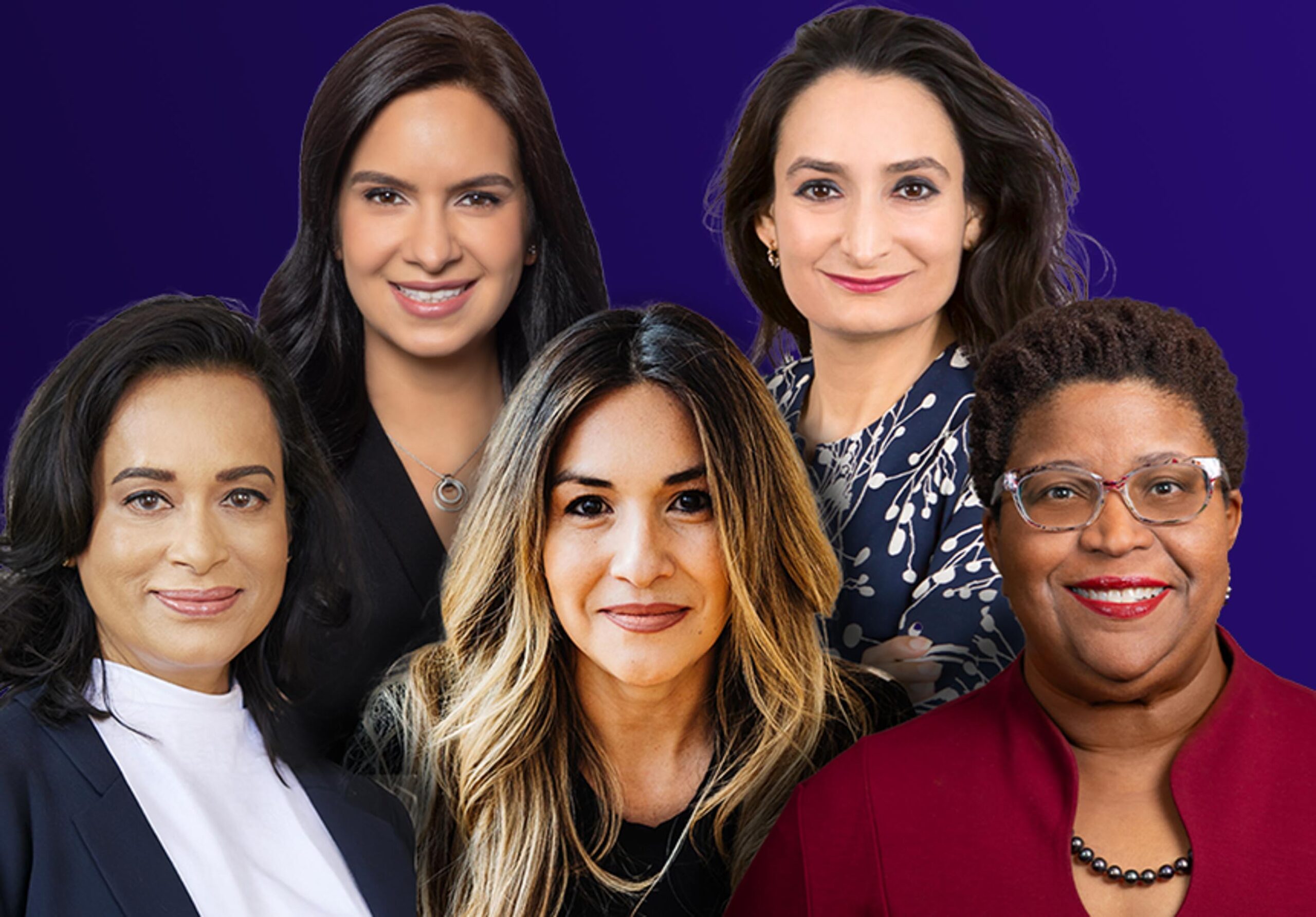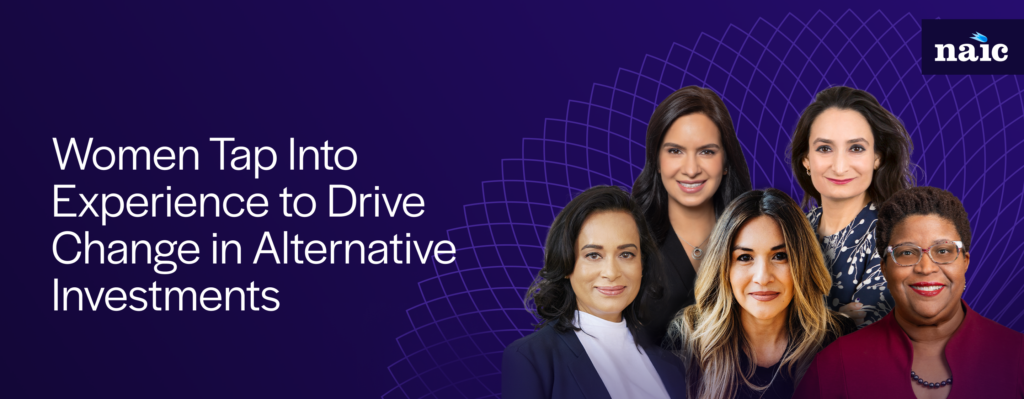
Born in Bangladesh and raised in the U.S., Runa Alam understood from an early age the root causes of poverty and the power of private-sector investment to drive development. Realizing that most of the world’s capital resides in the private sector, she pursued a finance career to invest in lower-income regions to create sustainable businesses and foster economic progress.
As Co-Founder and CEO of London-Based Development Partners International (DPI), Alam oversees one of the largest Pan-African private equity firms, managing $2.8 billion across three funds and 32 investments spanning 43 African countries. She is among the few female asset managers globally overseeing a multi-billion-dollar portfolio.
Alam’s commitment to equity in finance, including gender equity, is evidenced in her leadership role in the 2X Challenge, an initiative launched at the G7 Summit in 2018 to mobilize capital for investments in women. In 2019, ADPIII was selected as the first 2X flagship fund, joining a global effort to address the $320 billion credit gap faced by women-led small and medium-sized enterprises (SMEs). DPI committed to ensuring that 30% of all Fund III portfolio companies met criteria by either having a female founder, substantial female leadership, a substantial number of women employees and policies empowering them, or products/services designed to enhance gender equity. Under Alam’s leadership, DPI exceeded expectations, making 50% of Fund III investments 2X-compliant.
For Alam, perseverance is the key to success. “There will be good times and bad times, but the people who succeed are the ones who keep going and give their best every day,” she says. Alam stresses the importance of honesty, integrity, and character, noting that in a long career, these values are essential. Most importantly, she urges women to never give up.
“Raising your first fund is a huge challenge—it requires intelligence, creativity, and resilience. But above all, you have to keep going. That’s my advice: don’t give up.”
Runa Alam, Co-Founder and CEO, Development Partners International
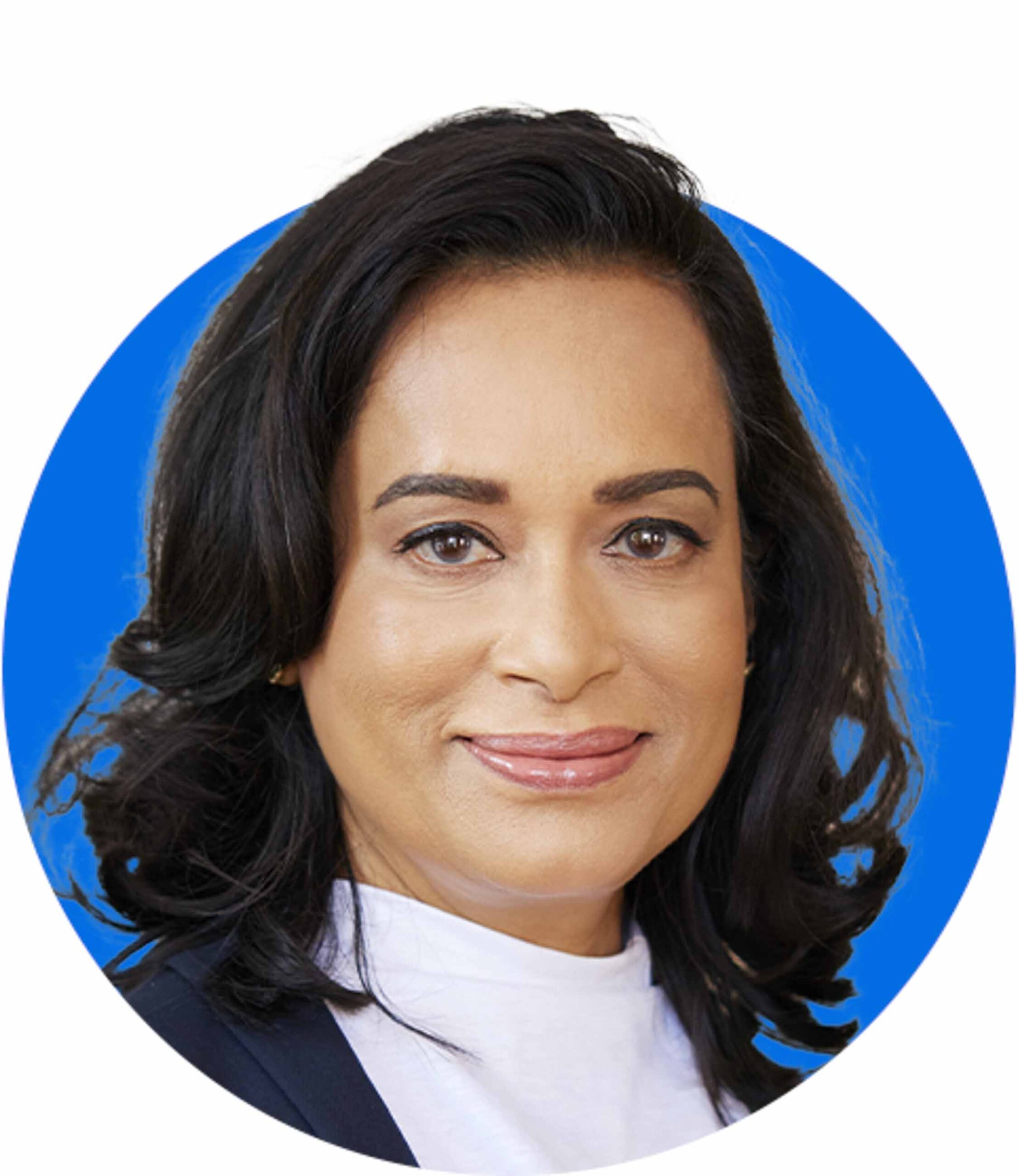
Gradual Progress
Alam is an example of a leader who has challenged both herself and the status quo to effect positive change while delivering on her firm’s fiduciary responsibilities. While the NAIC network boasts many exceptional female leaders, it is a sobering fact that they remain grossly underrepresented in the industry as a whole. As of January 2024, only 22% of professionals in alternative investments are women, according to Preqin’s 2024 Women in Alternatives report. The study further states that 14.7% of female professionals hold senior positions in the industry. While there has been a steady 1% yearly increase in representation from January 2020 to January 2024, this growth remains slow.
Figure 1: Female employees in alternatives as a proportion of total employees by asset class, 2020 vs. January 2024
Source: Preqin Pro. Data as of January 2024
Research by McKinsey suggests that closing the gender labor gap could add $28 trillion to global GDP by 2025, highlighting the economic imperative of investing in women. Achieving gender equality remains a major challenge in alternative assets, but Preqin points out that there are some positive signs. Since 2019, the number of women over the age of 25 in the U.S. with bachelor’s degrees or higher exceeds men, instituting a promising outlook for the alternatives workforce.
Figure 2: Female employees in the workplace in North America as a proportion of total employees by seniority, 2015 vs. 2023
| Cohort | 2015 | 2023 | Change |
|---|---|---|---|
| Entry Level | 45.0% | 48.0% | 6.7% |
| Manager | 37.0% | 40.0% | 8.1% |
| Senior manager / Director | 32.0% | 36.0% | 12.5% |
| VP | 27.0% | 33.0% | 22.2% |
| SVP | 23.0% | 27.0% | 17.4% |
| C-Suite | 17.0% | 28.0% | 64.7% |
Source: McKinsey & Company and Leanin.org
Expanding Opportunities
“There weren’t very many women in the private equity industry when I got started,” says Kerstin Dittmar, Managing Partner of L2 Point, a Latina-led investment firm focused on complex structured financing opportunities. “I’ve come into more female mentors later in my career – which has been wonderful. But unfortunately, there weren’t many early on in my career.”
Though fewer women were in the private equity industry when Dittmar began her career, she found an impressive role model in Marcia Page, co-founder of Värde Partners, an American alternative investment management firm. Another influential figure in Dittmar’s journey is Hollie Moore Haynes, Founder and Managing Partner of Luminate Capital Partners, a private equity investor in the technology sector focusing on software. “I met Holly early on, just as I was starting L2 Point after leaving a much larger organization. She had gone through a similar journey, and it was incredibly helpful to watch her navigate that journey,” she shares.
Dittmar remains optimistic that the number of women in finance will continue to grow. “Things have been slowly improving,” she says, noting that one of the biggest shifts she has seen in the six years since launching L2 Point is the expanding support infrastructure for diverse, women-led firms.
“If we as women – on average – have been underpaid in prior roles, expecting the same level of personal financial investment to start a firm is tough.”
Kerstin Dittmar, Founder & Managing Director, L2Point
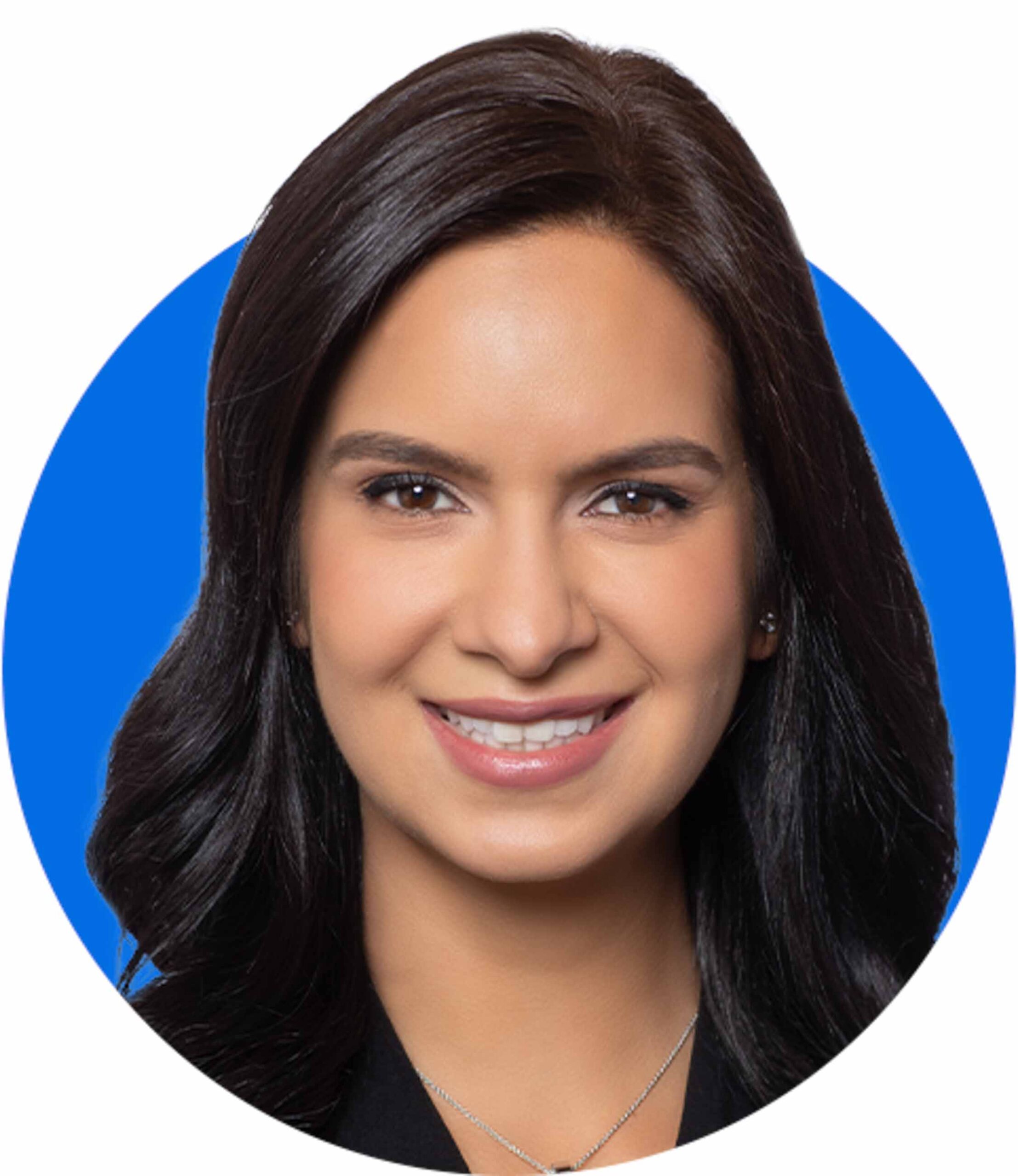
However, Dittmar says, the rise of working capital and seeding partners in the last few years has begun to address these obstacles, allowing a more diverse pool of investors to step forward. “We can’t just wait on large private equity firms to diversify their partners’ ranks,” she adds.
In the meantime, Dittmar continues her focus on growing the firm and delivering returns to stakeholders. In July 2024, L2 Point closed its first fund at an oversubscribed $312 million, with two co-investment vehicles bringing total AUM to more than $500 million. She also reaffirms her commitment to greater gender diversity. “Anytime a woman or anyone else asks to talk about their career, I am very happy to do that,” she says. “I’m very focused on increasing the representation of women in our industry. I’m also very happy to try and see if somebody in my network might be helpful to them.”
Investing in New Talent
Raudline Etienne credits trailblazing women with shaping her career. “My first boss in this business was Tina Byles Williams,” she says, highlighting Williams’ success in leading Xponance, one of the largest African American female-run investment firms in the U.S. She also drew inspiration from Sheila Morgan Johnson, who served as Chief Investment Officer for the District of Columbia Retirement Board, Clara Woody, former executive director at Richmond Retirement System and former Connecticut State Treasurer Denise L. Nappier – all of whom modeled excellence and leadership.
Etienne herself is no less impressive, having immigrated to the U.S. from Haiti at age four and studied architecture at MIT before shifting her career path while assisting with bookkeeping at an architectural firm. This led her to earn an MBA at U.C. Berkeley, become a Toigo Foundation Fellow, land roles at institutional investment consulting firms and begin her career in finance.
Appointed Chief Investment Officer (CIO) of the $155 billion New York State Common Retirement Fund (CRF) in 2008, she helped navigate the 2008 Financial Crisis and expanded opportunities for diverse investors by implementing an emerging manager program across all externally managed asset classes.
“It’s not an opportunity that comes very often in life, going from advisor to decision-maker at the third-largest public fund in the country with a sole fiduciary. That was lightning in a bottle.”
Raudline Etienne, Founder and CEO, Daraja Capital
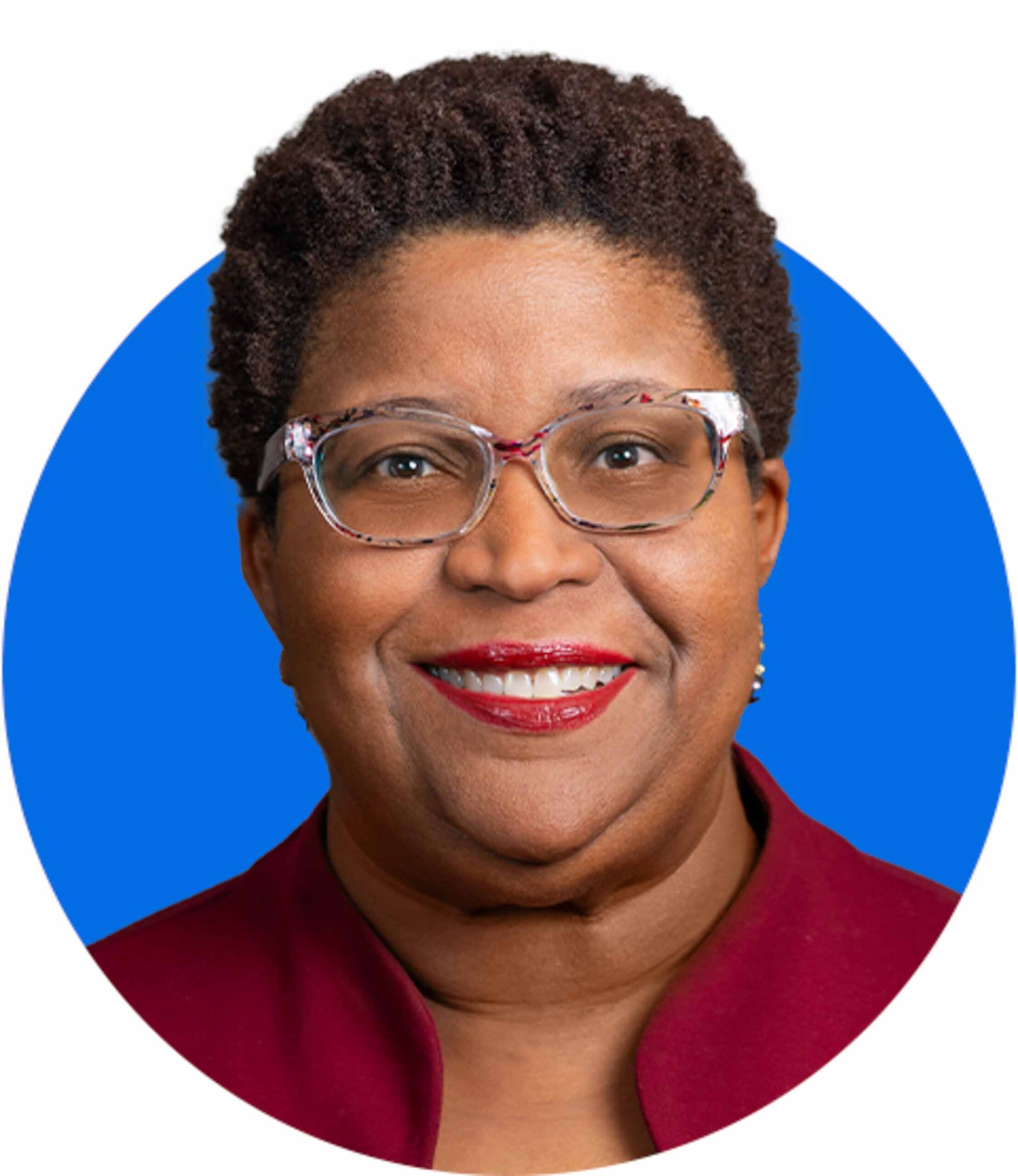
Recognizing systemic barriers for underrepresented fund managers, Etienne was struck by a Knight Foundation report showing that people of color make up less than 1.5% of the financial services industry. “I reflected on what was needed to change this landscape,” she recalls. This realization led her to launch a seeding platform at her advisory firm, Daraja Capital. Launched in 2023, Daraja invests in first-time, diverse-owned private fund managers and independent sponsors, providing them with critical support.
Etienne advises young women in finance to be strategic and proactive, stressing that success is built on networking and relationships as much as merit. She encourages them to gain direct investment experience early, treating private markets as an apprenticeship business where hands-on learning is essential. She also acknowledges the impact of diversity initiatives on her own career choices. “If it weren’t for the diversity agenda, I’d be living the board life,” she says. She believes track records in private markets are built deal by deal, with each success leading to larger opportunities. “Today’s independent sponsor may be tomorrow’s fund manager,” she notes, highlighting the importance of investing in new talent.
It Starts with Ownership
As Founding Partner of Chingona Ventures, which invests in pre-seed and seed startups across financial technology, the future of work, the future of learning, and health technology, Samara Hernandez oversees one of the very few Latina-led venture firms in the U.S.
“The key is giving women the opportunity to own their firms and run their businesses.”
Samara Hernandez, Founding Partner, Chingona Ventures

While women have made progress, they need real decision-making authority over investments or firm direction, Hernandez says. She knows that early believers matter. “I was able to start my firm because I had a first LP who believed in me and gave me that first check,” she recalls. That early backing allowed her to gain traction, raise a larger fund, and secure anchor LPs for her next fund. “We need more investors willing to be the first yes and stepping in early to back fund managers in the first close. This helps drive momentum with other LPs.”
Despite the environment, Hernandez sees now as a great time to invest. “We’ve increased our focus on pre-seed investments, gone earlier, increased our check size in our second fund, and we’re doubling down on deals,” she explains. While it’s been a hard fundraising environment for both startups and funds, Hernandez believes this moment presents exciting opportunities for those who stay the course. “There’s so much potential to continue investing and backing innovative startups at the earliest stages and in unique areas many see as riskier, but that’s where you can drive alpha,” she says.
The Power of Mentorship
For Sheila Gulati, Co-Founder and Managing Director of Tola Capital, the foundation of her career was shaped by the women who mentored her early on. One of the most influential was Valerie Wilson, a brilliant and fiercely determined finance professional who broke barriers in an industry where women were rare. “Val was tough-as-nails, an incredible finance person, a former Stanford tennis player, just all-around amazing and wildly hardcore,” Gulati recalls. At her first job, working alongside Wilson and her boss, Ben Bisconti, was transformative. “It totally changed my career and how everything worked for me,” she says.
Wilson’s mentorship was hands-on and fearless. Unlike other analysts at her level, Gulati was given unprecedented responsibility from the start. “Val worked all the time, and she brought me into everything. There was no meeting I wasn’t allowed to go to,” she says. The ultimate test came when Wilson entrusted her to run a roadshow—an experience that would normally take years to reach. “I wasn’t even old enough to drink,” Gulati laughs. “I was terrified. The only banker in the room representing this company on their IPO. But Val and Ben just said, ‘Nope, you got this.’” The confidence they placed in her pushed her forward—and it worked. The roadshow was a success, and Gulati still stays in touch with some of those executives today.
Now, as the head of Tola Capital, a Seattle-based venture capital firm focused on enterprise software, Gulati is paying it forward. “It’s really important for me to empower the women in my organization and set them up for success,” she says. She believes that diversity in finance isn’t just about representation –it drives better returns and stronger decision-making.
“The metrics are served by diversity. It’s not diversity for diversity’s sake.”
Sheila Gulati, Co-Founder and Managing Director, Tola Capital
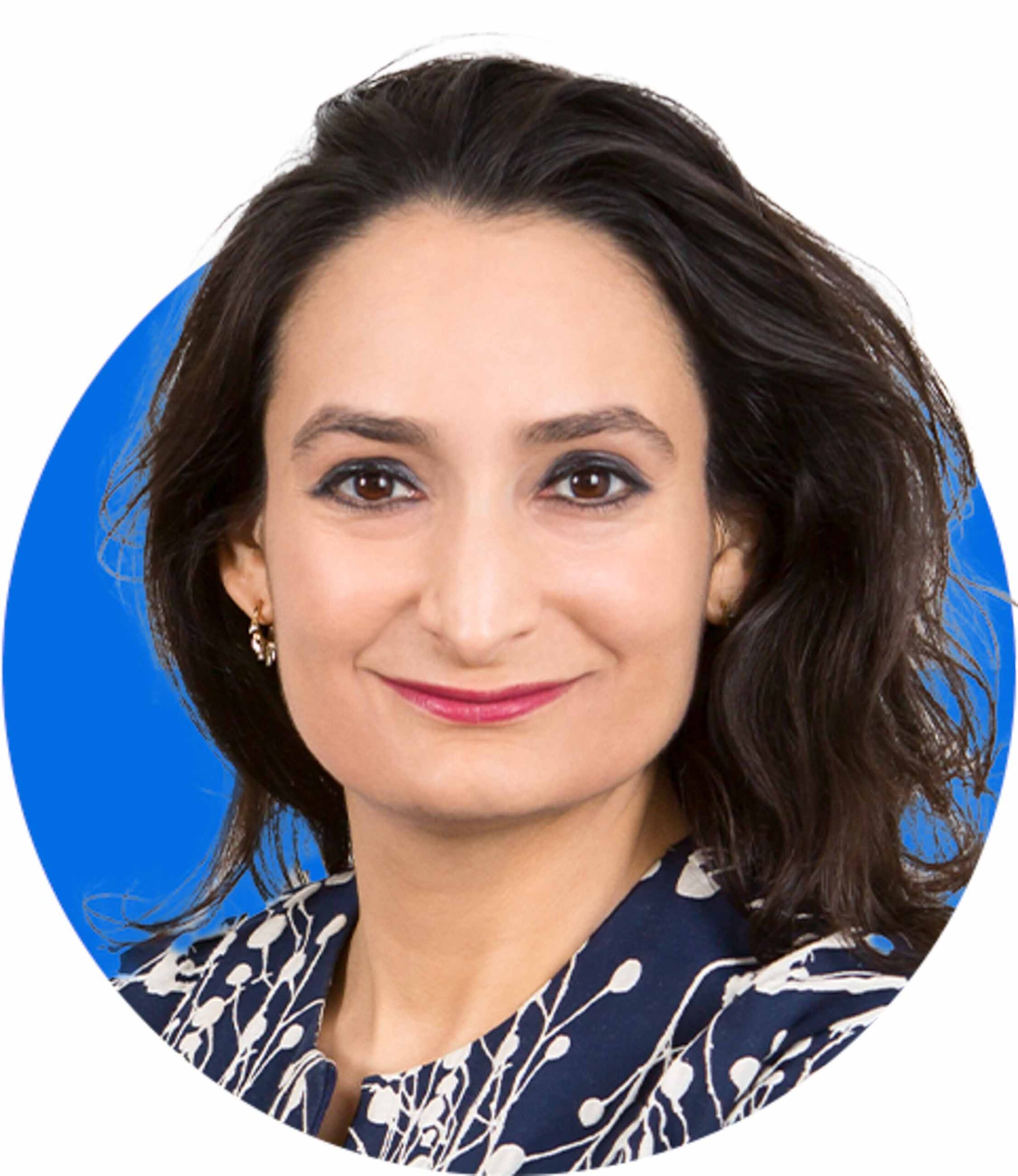
By fostering an inclusive and empowering environment, Gulati is ensuring that the next generation of women in venture capital has the same kind of transformative opportunities she once had.
While women remain underrepresented in alternative investments, leaders like those in the NAIC network are paving the way for future generations. Their careers demonstrate that perseverance, mentorship, and access to capital are critical in breaking barriers. They are achieving success and empowering others—mentoring young professionals, advocating for diversity, and proving that women-led firms drive strong returns. Their leadership ensures that the next generation of women in finance has greater opportunities, influence, and ownership in the industry.
